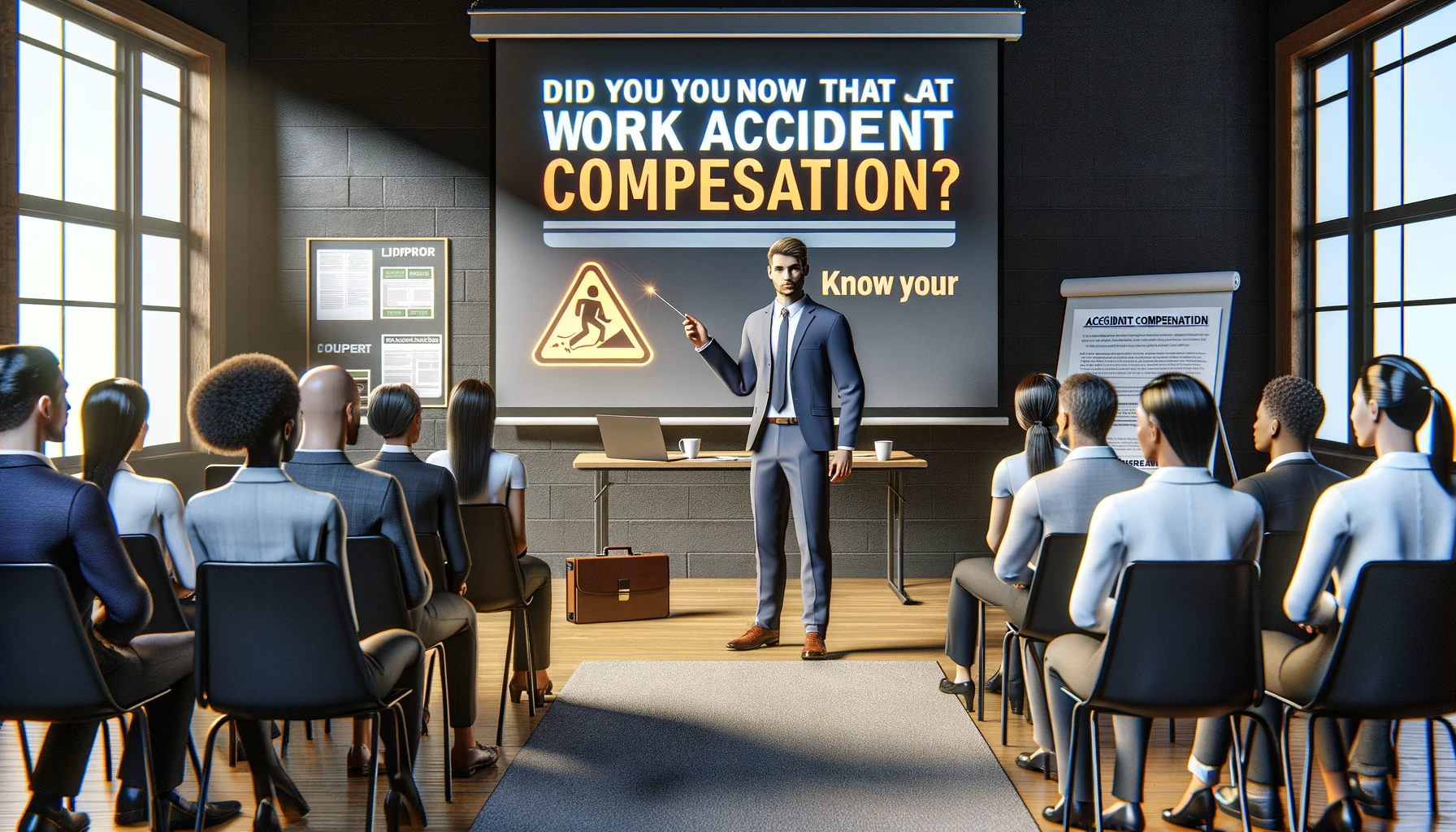When it comes to the hustle and bustle of the working world, accidents are, unfortunately, part of the equation. Whether it's a slip on a wet floor or a mishap with machinery, getting injured on the job can be a jarring experience. But hold on, if you're clocking in within the sunny bounds of California, it's crucial to know your rights. So, let's dive into the nitty-gritty of what protections and claims you've got under your belt as an employee in the Golden State.


Understanding Workers' Compensation Claims
First off, let's talk about workers' compensation claims. These are your financial safety net, designed to catch you when a work-related tumble leaves you hurting. Filing a claim can seem like a maze of paperwork, but it's essentially about reporting your injury to your employer and getting the ball rolling on medical treatment and wage replacement benefits. Remember, the clock starts ticking on your claim from the moment you're injured, so quick action is key.
Employee Safety Regulations and California Labor Laws
Now, let's not forget about the rules and regs that are in place to keep you safe at work. The California Occupational Safety and Health (Cal/OSHA) regulations are like the guardrails on your workplace highway, meant to keep you from veering into danger. Your employer should be on top of these, ensuring that your work environment wouldn't make a safety inspector's eyebrows hit their hairline.Job Injury Rights and Protections
Got hurt at work? You've got rights, and they're as solid as the California redwoods. From the right to medical care to some peace of mind while you recover, California labor laws have got your back. And let's be clear, these protections are like a shield against any workplace shenanigans that might threaten your well-being post-injury.Occupational Hazards and Employer Liability
Every job's got its own flavor of risk, be it paper cuts or something more sinister. But when do these occupational hazards tip into employer liability? If your boss has been playing fast and loose with safety, and you get hurt as a result, they might just find themselves on the hook for more than just a stern talking-to from OSHA.Reporting Workplace Injuries
Alright, so you've had a mishap. What's next? Reporting your injury is step one. Whether it's a twisted ankle or something more serious, letting your employer know ASAP is your best bet. This isn't just about covering your bases; it's about making sure you can access those workers' comp benefits without a hitch.Workplace Safety Standards and On-the-Job Accident Protocols
Preventing accidents is the name of the game, and workplace safety standards are the playbook. From proper training to the right gear, these standards are there to keep you in one piece. And if an accident does happen, knowing the on-the-job protocols can be the difference between chaos and a well-oiled response machine.Work-Related Injury Compensation and Benefits
So, you've been injured and you're navigating the workers' comp waters. What's in the treasure chest of compensation and benefits? We're talking medical expenses, disability payments, and sometimes even vocational rehab if you need to switch career lanes. Understanding what's up for grabs can ease the financial sting of a work-related injury.
Injury at Work Legal Advice
Sometimes, you need a helping hand, and that's where injury at work legal advice comes in. If the waters of workers' comp claims are looking murky, a workplace injury attorney can be your guide. They're the ones who can help you make sense of your rights and plot the best course to compensation.Industrial Injuries and Accident at Work Entitlements
Industrial injuries are a whole other breed of workplace woes. If you're dealing with something that sounds like it came straight out of a factory scene in a movie, your entitlements might include a little something extra. It's all about making sure that workers in high-risk gigs aren't left high and dry if an accident happens.Conclusion
In the grand tapestry of employment, staying safe and knowing your rights are key threads. California's got a robust set of employee protections, but it's up to you to know them and use them. So, stay sharp, report injuries promptly, and don't hesitate to seek out the pros if you're in a bind. Remember, your rights are like a good pair of work gloves – they're there to protect you, but only if you put them on.Look for an attorney who has the right legal resources for your legal needs.
Contact us here on the Warmuth Law website or through our hotline 888-517-9888.










